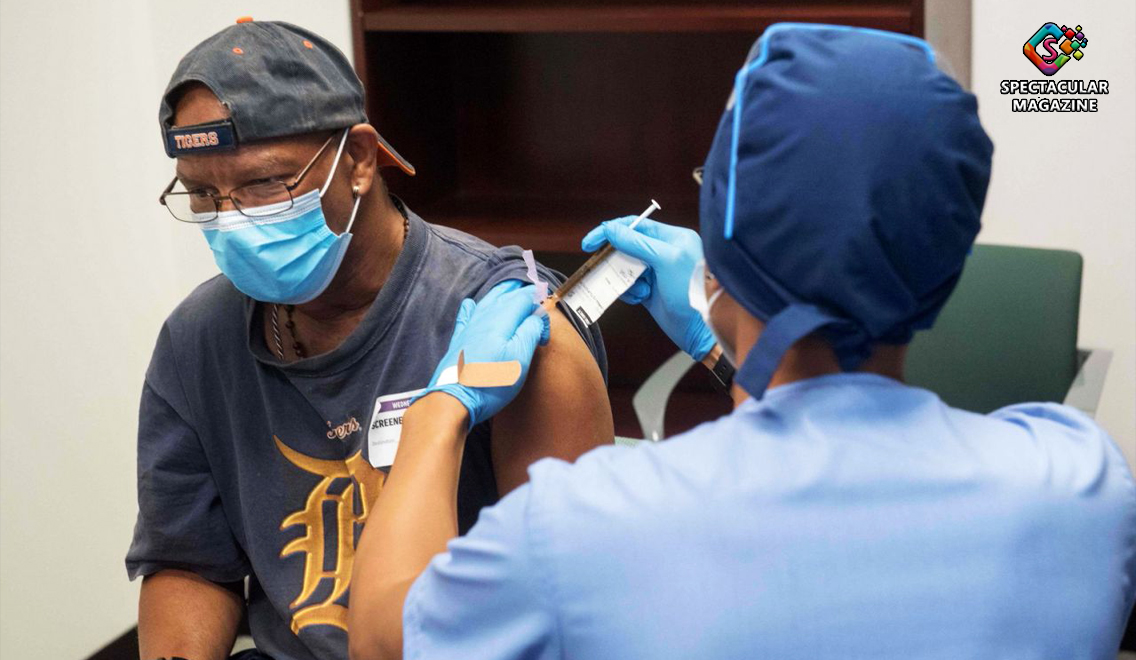Community Connections: Duke Health Experts Answer Questions, Provide Vaccine Update
DURHAM, NC – Duke Health held a webinar on January 12, 2021, to allow three health experts to provide the public with answers to common questions about COVID-19 as well as give their perspective of the coronavirus vaccine.
When COVID-19 made its appearance in early 2020, it managed to change the world drastically. Everyone worldwide was impacted in some way, many lost their jobs as well as loved ones. Putting the world in a sense of uncertainty and turmoil.
However, this has not stopped medical professionals and scientists from putting their best effort forward to provide the public with a safe vaccine. Clinical vaccine trials for the coronavirus started as early as July 2020. Since then, many discoveries have been made about the virus. It is known that COVID-19 can affect one’s respiratory system, along with the ability to taste and smell. Some people have more severe symptoms depending on their previous health conditions.
The U.S. Food and Drug Administration (FDA) has now approved a two-shot series of the vaccine from two major medical providers. Moderna and Pfizer have been able to quickly develop a safe vaccine that requires a priming dose followed up by a two-week booster shot.
Many may question the effectiveness of the COVID-19 vaccines after seeing negative feedback from the clinical trial on social media and knowing the history of the Tuskegee Experiment. Doctors from Duke Health have been able to ensure that these two providers have developed a safe and useful vaccine.

Dr. Ann Dorsey has witnessed patients firsthand the importance of receiving the vaccine. Working in emergency medicine and as a respiratory specialist, she highly encourages people to get the vaccine to attempt to control the virus. She has seen people become more ill over time, having more severe symptoms since the holidays.

Dr. Jennifer Saullo, an infectious disease specialist, promotes the vaccine for those that have underlying health issues such as cancer and diabetes. Stating that these patients already undergo so much therapy and high medication use that the vaccine should not have negative side effects but is ultimately
essential to provide one less worry of illness.

Dr. Kenneth Schmader works directly with elderly patients being a geriatric medicine specialist believes that there are very few direct issues or complications that come from the vaccine. Also ensuring that current medicine use will not ruin the effectiveness of the vaccine. However, if after receiving the vaccine if one does have a negative reaction they should seek immediate professional health. Other series of questions were answered as to how well the vaccine affects a woman’s pregnancy or fertility.
All doctors agreed that there are no known issues for women who are pregnant or attempting to be. Along with the question will food, pets, and seasonal allergies have negative side effects to the vaccine. Doctors dismiss the notion that they play a negative role when receiving the vaccine but also encourage patients to follow up with their primary care physician to provide a better sense of certainty. Receiving the vaccine is free of charge, with or without medical insurance to promote a better quality of life again.
Duke Health officials encourage individuals to set up a MyChart account to reserve a vaccine as well as follow up with any other questions.
Currently, North Carolina is a “hot spot” for COVID-19 having more than 600k residents testing positive. Vaccine doses are limited so there are different phases at which the COVID-19 vaccine will be administered. First reaching health care workers in Phase 1a, then to the elderly over the age of 75 in Phase 1b. These both have already begun in the winter months.
While Phases 2 and 3 will reach those at most risk (people with underlying issues) and students (who will eventually have to return to school). Lastly, Phase 4 will be administered to those of the public who desire to receive the vaccine. The numbers are rising daily so it is recommended that individuals still take necessary precautions even after receiving the vaccine…wear your mask, wait six feet apart, and wash your hands.
For more information, visit www.dukehealth.org/covid-19-update/covid-19-vaccine-update


